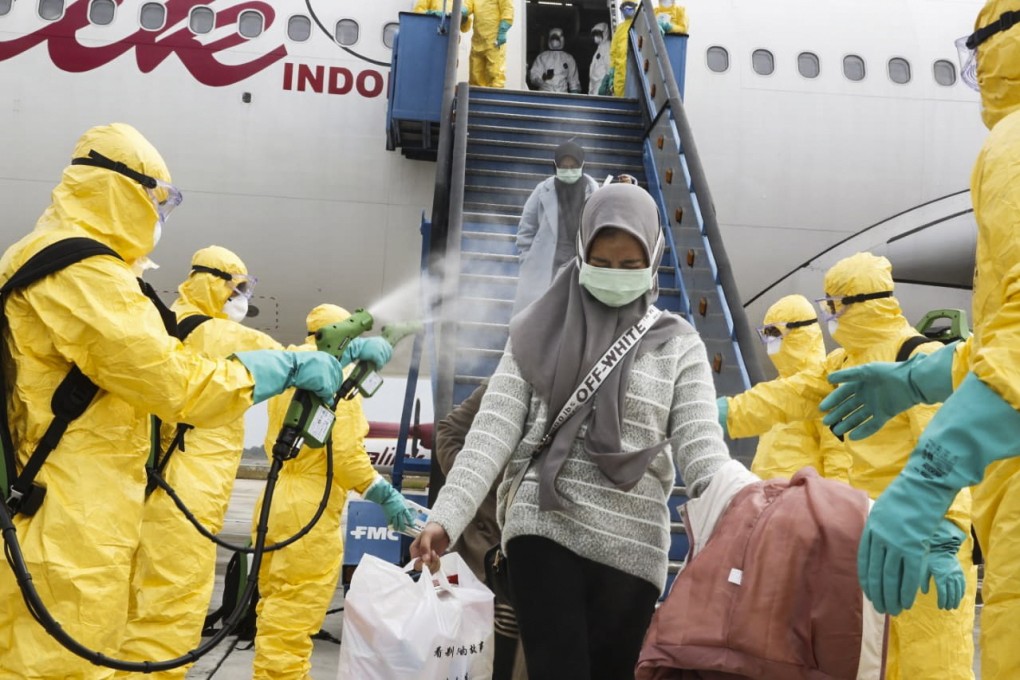Opinion | No coronavirus, but Indonesia’s handling of Wuhan evacuees highlights erosion of trust
- The government put 238 citizens evacuated from Wuhan into quarantine on the Natuna Islands without telling local authorities or residents
- The episode provides a telling example of the national government’s lack of policy coordination on such matters

Based on World Health Organisation rules, Indonesia should have first demonstrated that it had the facilities and infrastructure to support health protocols in the evacuation of its citizens from Wuhan. One of the required facilities under WHO rules is a place of isolation, away from population centres.
Health Minister Terawan Agus Putranto said there were several reasons Natuna was the most appropriate place for a quarantine: the military complex on Natuna Besar, the main island, is equipped with a hospital that can accommodate 300 patients; the hospital is close to an Air Force aircraft hangar and 6km away from the nearest residential area; and the Natuna military complex had enough personnel to closely monitor the schedules and activities of the 238 evacuees.
The Ministry of Health also said specialist doctors were on-site to monitor the situation, and that the evacuees were continuously monitored and offered trauma healing therapy. In addition, periodic checks and disinfection procedures were carried out in accordance with WHO protocols in an effort to minimise and prevent transmission.
The government said none of the quarantined people had shown signs of being infected with the coronavirus, although some had experienced headaches, stomach aches, itching and fatigue unrelated to the virus. There are no confirmed cases of the virus in Indonesia.
Although that is all good news, what was not good news was how the Indonesian government coordinated its response to the evacuees.

